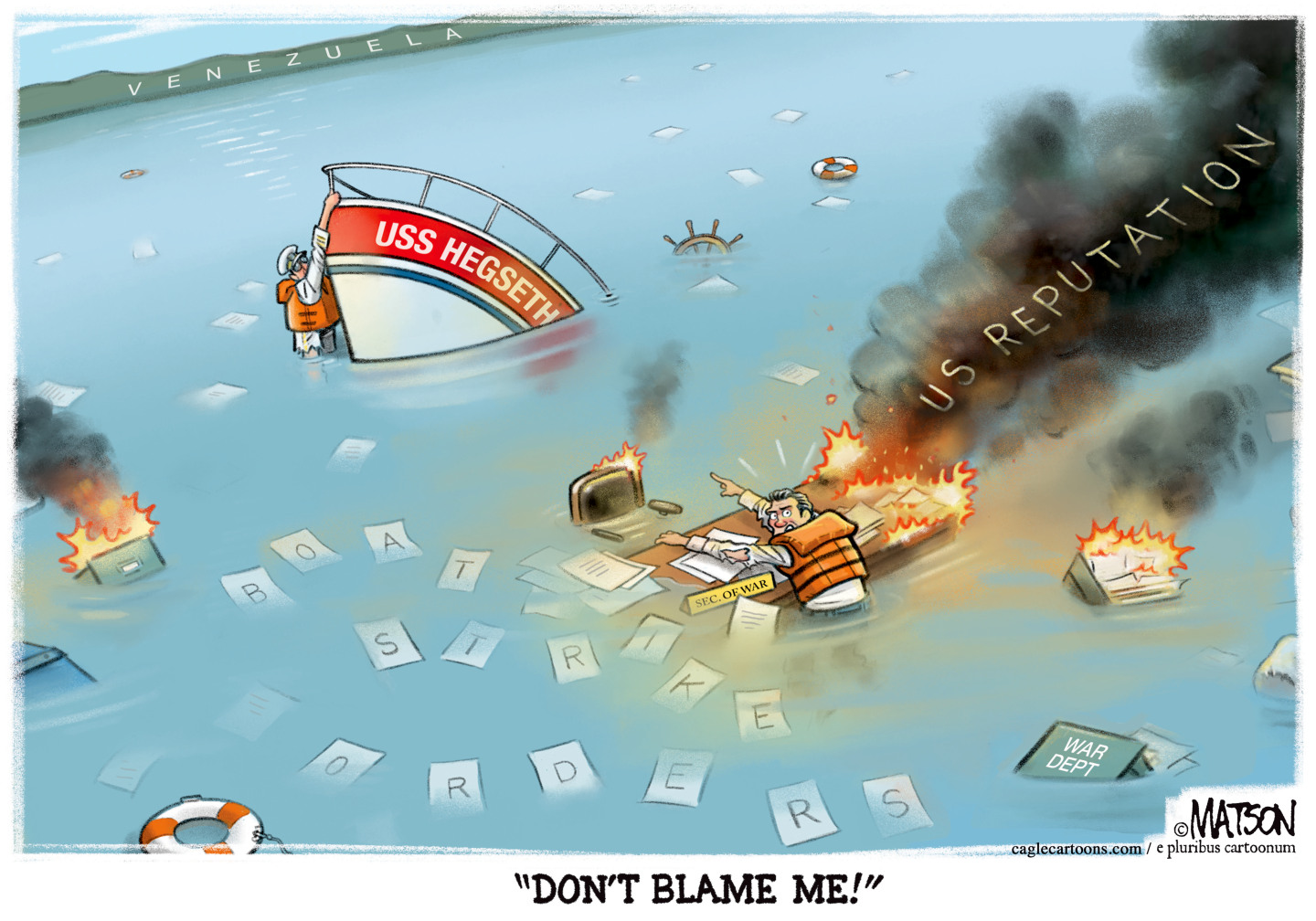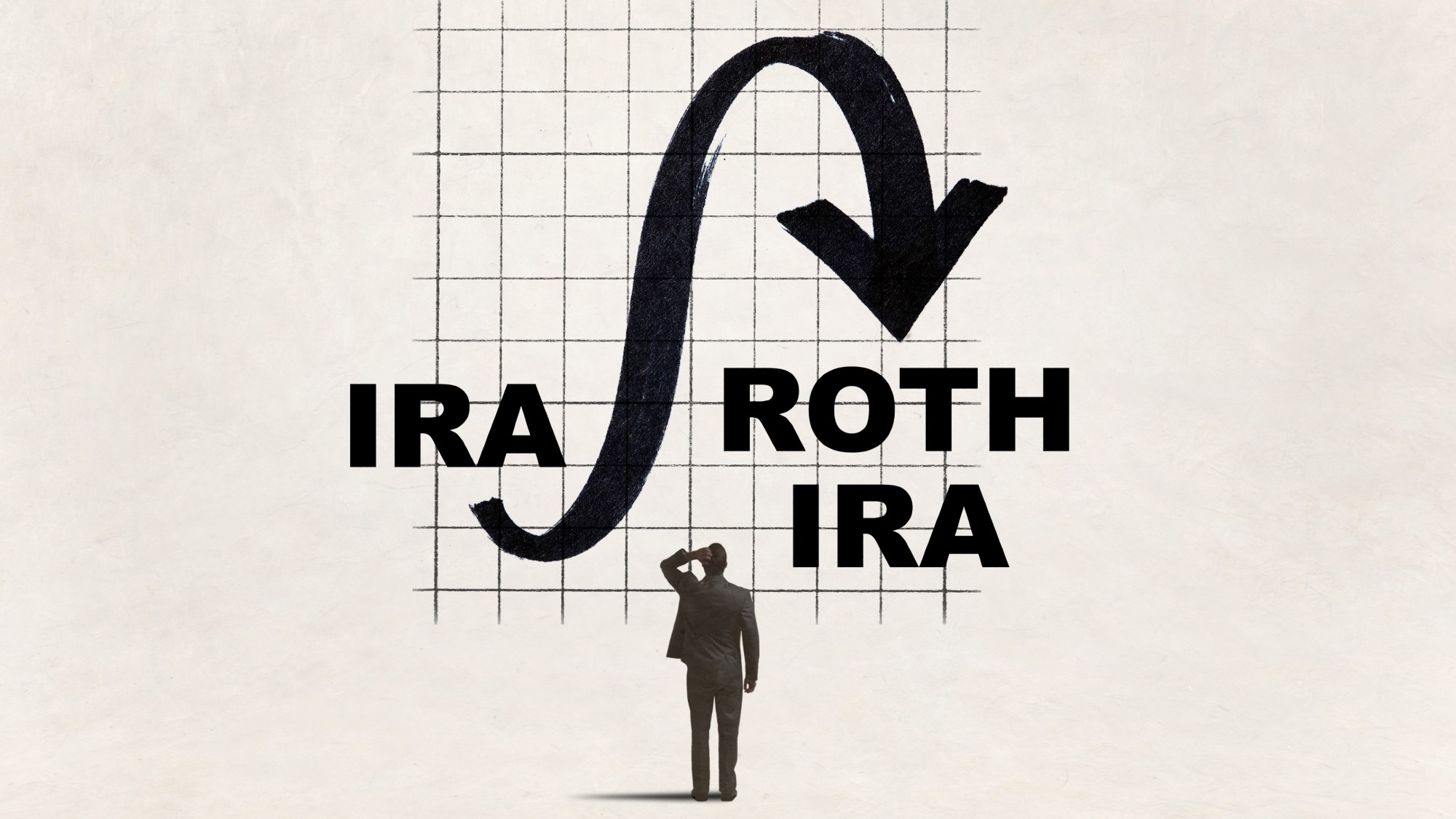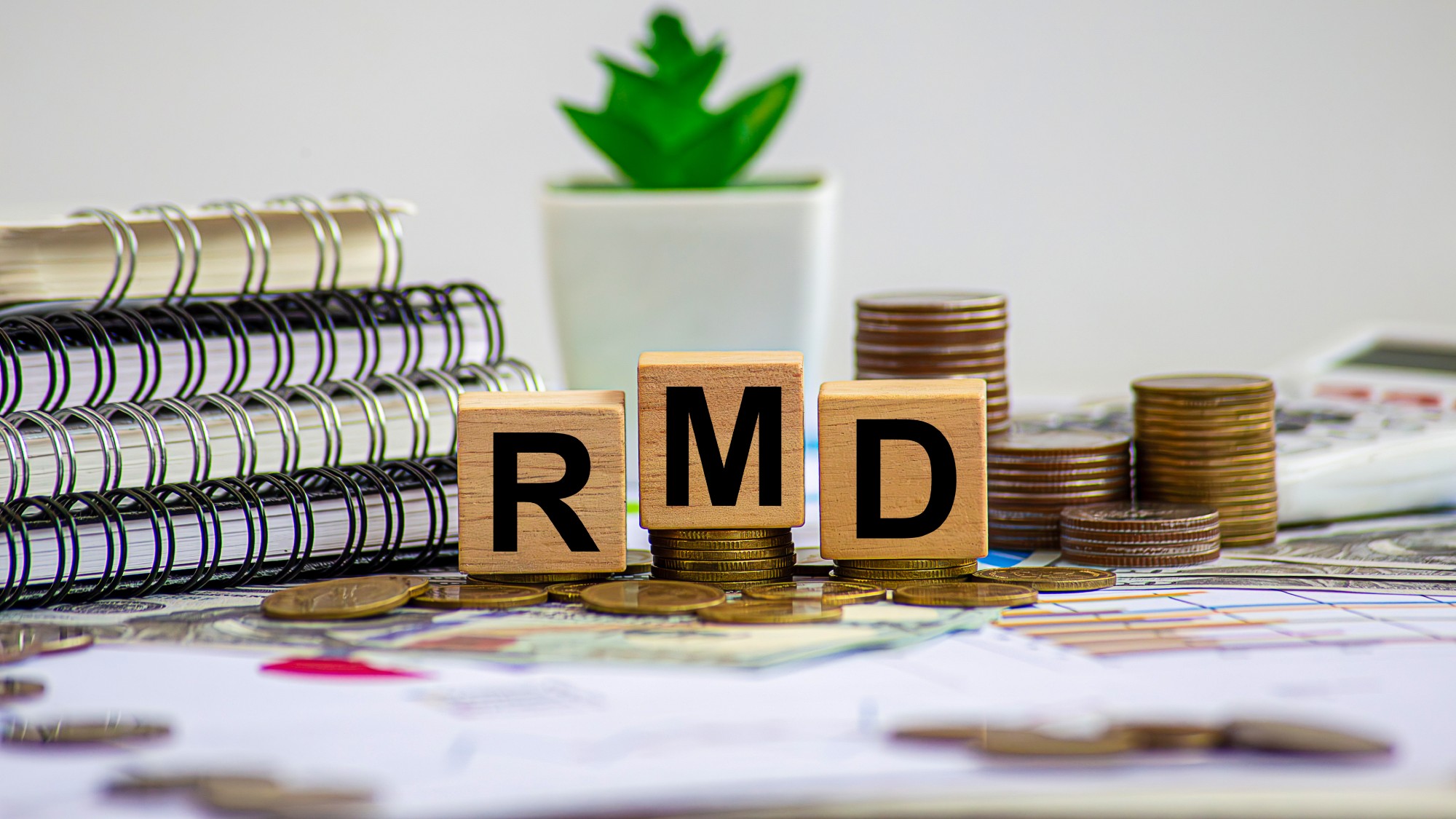Who has to pay the estate tax?
Trump's new bill will permanently shift who owes federal estate tax


The estate tax only applies in select circumstances. But when it does, this tax on the value of a deceased person's estate can result in a sizable bill.
If President Trump's tax-and-spending bill is passed, however, those to whom the estate tax applies could get a permanent break. The new bill would permanently increase the estate tax exemptions that Trump passed in 2017, which were otherwise set to expire by the end of the year, shifting who would owe the federal estate tax.
What is the estate tax?
The estate tax is a tax on the "value of a person's assets at the time of their death, applied before anything is passed on to heirs," said Bankrate. It is not to be confused with the inheritance tax, which "beneficiaries pay on what they receive"; the estate tax, by contrast, is "settled by the estate itself, before assets are distributed to beneficiaries."
The Week
Escape your echo chamber. Get the facts behind the news, plus analysis from multiple perspectives.

Sign up for The Week's Free Newsletters
From our morning news briefing to a weekly Good News Newsletter, get the best of The Week delivered directly to your inbox.
From our morning news briefing to a weekly Good News Newsletter, get the best of The Week delivered directly to your inbox.
There is a federal estate tax, which is what Trump's bill would address. Certain states also have an estate tax, which can apply in addition to the federal estate tax.
When do you have to pay estate tax?
Whether you have to pay the estate tax depends on the fair market value of an estate. Estates below a certain threshold are not subject to estate tax, while estates valued above that exemption amount are.
As of 2025, "all the assets of a deceased person that are worth $13.99 million or more in 2025 are subject to federal estate taxes," said Investopedia. If the Trump tax bill passes, that limit would increase, which would mean an "individual could die in 2026 with $15 million, and a married couple with $30 million, without owing estate tax," said The Wall Street Journal. But if the bill does not pass, the current exemption limit "would expire at year-end and drop by about half," to roughly $7.14 million, shifting estate planning logistics for many.
How much is the estate tax?
For tax year 2024, the federal estate tax "ranges from 18% to 40%, depending on how much the value of the estate exceeds the current exemption limit of $13.61 million," said CNBC Select.
A free daily email with the biggest news stories of the day – and the best features from TheWeek.com
The tax only applies to the amount over the exemption limit, and it is "progressive, meaning the rate increases with the estate's value," said Bankrate. So, for instance, an estate that exceeds the limit by any amount under $10,000 would pay a rate of 18%, while an estate that exceeds the exemption limit by more than $1 million would pay a rate of 40% on that excess. It is possible to reduce the amount you pay, though, through mechanisms like trusts and strategic gifting, which an expert like a financial adviser can offer guidance on.
For states with an estate tax, the rates vary depending on the specific laws there. However, "18% is the federally mandated maximum inheritance tax rate that can be charged by any state," said Investopedia.
Becca Stanek has worked as an editor and writer in the personal finance space since 2017. She previously served as a deputy editor and later a managing editor overseeing investing and savings content at LendingTree and as an editor at the financial startup SmartAsset, where she focused on retirement- and financial-adviser-related content. Before that, Becca was a staff writer at The Week, primarily contributing to Speed Reads.
-
 5 criminally underrated cartoons about Pete Hegseth’s war crime
5 criminally underrated cartoons about Pete Hegseth’s war crimeCartoon Artists take on USS Hegseth, rats leaving the sinking ship, and more
-
 Can Mike Johnson keep his job?
Can Mike Johnson keep his job?Today's Big Question GOP women come after the House leader
-
 A postapocalyptic trip to Sin City, a peek inside Taylor Swift’s “Eras” tour, and an explicit hockey romance in December TV
A postapocalyptic trip to Sin City, a peek inside Taylor Swift’s “Eras” tour, and an explicit hockey romance in December TVthe week recommends This month’s new television releases include ‘Fallout,’ ‘Taylor Swift: The End Of An Era’ and ‘Heated Rivalry’
-
 What are the pros and cons of a Roth conversion for retirement?
What are the pros and cons of a Roth conversion for retirement?Pros and Cons By converting a traditional IRA to a Roth IRA, retirees can skip paying taxes on their withdrawals
-
 4 easy tips to avoid bank fees
4 easy tips to avoid bank feesThe Explainer A few dollars here and there might seem insignificant, but it all adds up
-
 4 often overlooked home maintenance tasks that could cost you later
4 often overlooked home maintenance tasks that could cost you laterThe Explainer A little upkeep now can save you money down the road
-
 What are portable mortgages and how do they work?
What are portable mortgages and how do they work?the explainer Homeowners can transfer their old rates to a new property in the UK and Canada. The Trump administration is considering making it possible in the US.
-
 How can you tell if you are ready to retire?
How can you tell if you are ready to retire?the explainer All the preparation you need to sail off into your golden years
-
 What’s the best way to use your year-end bonus?
What’s the best way to use your year-end bonus?the explainer Pay down debt, add it to an emergency fund or put it toward retirement
-
 Can medical debt hurt your credit?
Can medical debt hurt your credit?The explainer The short answer is yes, though it depends on the credit scoring mode
-
 3 required minimum distribution tax mistakes to avoid
3 required minimum distribution tax mistakes to avoidThe Explainer Missteps in making withdrawals from tax-advantaged retirement accounts can cost you big
